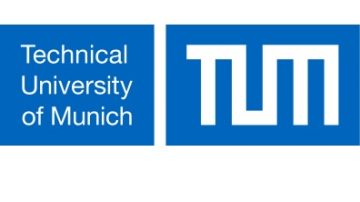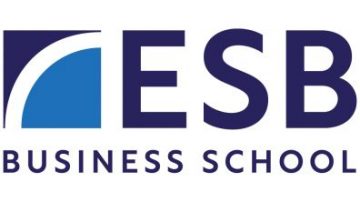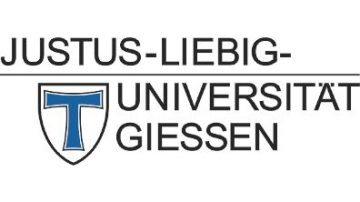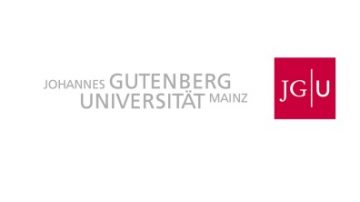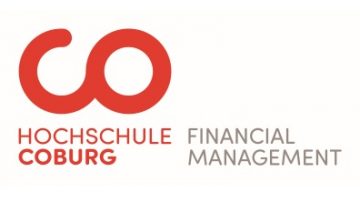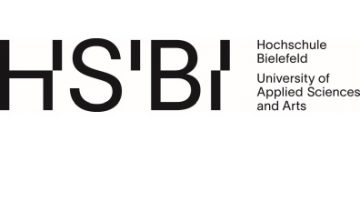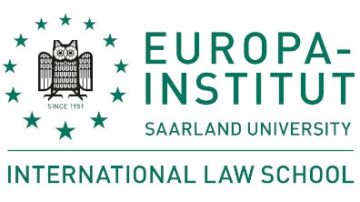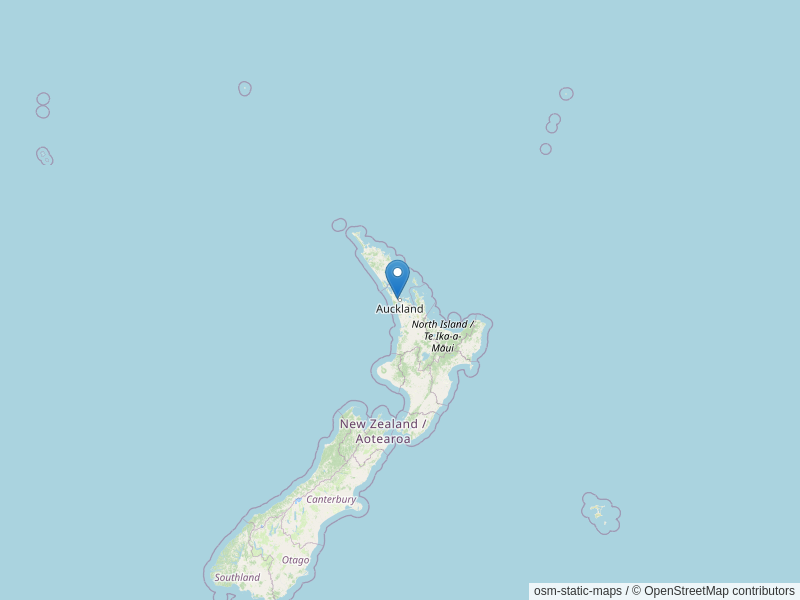FAQs
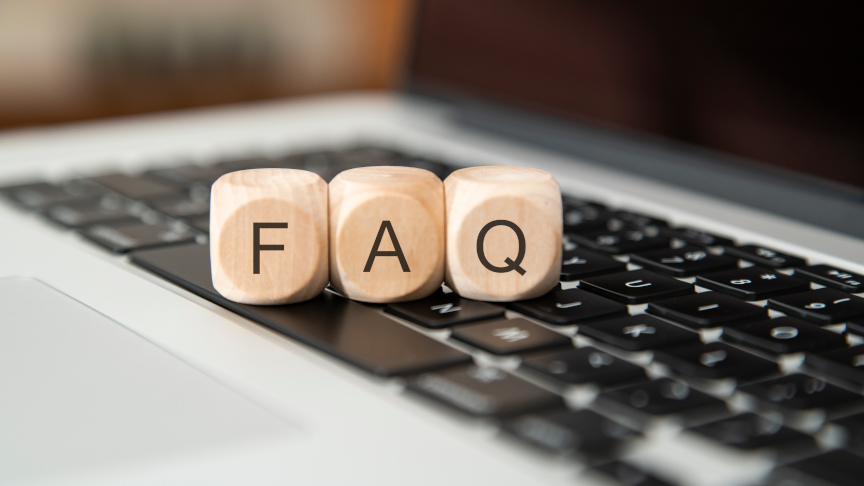
Every funding programme description includes a checklist of all the documents that you have to submit, see the tab “Application Procedure” in the description.
To make sure you’ve included everything, print off that list and tick the items off one by one.
NB: Your “degree certificate” consists of 2 parts:
- the actual degree, usually printed on nice paper with a lot of Latin on it, sometimes embossed with the university seal; and
- the Transcript of Records, i.e. usually several sheets of paper listing all the papers you completed during your studies with course codes and course names and the grades you achieved.
Scan all of these into one PDF. Both parts MUST be there, one without the other is incomplete.
For your scholarship application you have to show proof of your language proficiency.
German: If you choose to take a course of study in German, you are usually required to prove that you have an adequate knowledge of German. You can do this by taking one of two different language proficiency tests:
- the language test “TestDaF” (test of German as a foreign language) or
- the “Deutsche Sprachprüfung für den Hochschulzugang ausländischer Studienbewerber” (DSH),.
You can find out where and when you can take these tests and other important information on the subject on our German language page.
English: Students wishing to take an international degree programme (Bachelor’s, Master’s, PhD) do not necessarily have to take a German test. The teaching language in these courses is usually English.
Please note: To study a degree course in English, an English language certificate (e.g. TOEFL, IELTS) is often required. Each university decides what minimum number of points is required for admission.
The requirements for each scholarship programme differ. Thus, we advise you to read the application requirements for each program very carefully.
It will be stated explicitly what — if anything — needs to be certified or not.
That’s the normal format for CVs you’re already familiar with. Tabular just means that all information, i.e. your details, your educational and professional milestone etc., are presented in an overview that is easy to read.
The content of your CV should conform to what is common in the academic world. If in doubt, have your CV checked over by one of your academic teachers or your tertiary’s Careers Office.
The DAAD does not offer any exams.
However, many DAAD offices also function as OnSET test centres. OnSET German is a computerised cloze test that takes about 50 minutes, and it is usually listed as one of the acceptable certificates proving competency in German for a DAAD funding application. Check here if there is an OnSET test centre near you.
The OnSET is NOT sufficient for applying for a place on a degree programme at a tertiary institution.
Several other language certificates are accepted for applications for both funding and tertiary programmes. The certificates are based on proficiency tests in all 4 skills (reading, writing, listening, speaking) and usually require scheduling well in advance:
- Goethe Certificate (can be done in NZ or Germany)
- TestDaF Certificate (can be done in NZ or Germany; in NZ only in Wellington)
- DSH (can only be done at German tertiaries)
NB: Every tertiary sets their own minimum levels that you need to achieve in these tests.
You approach one of your tertiary teachers and ask them if they would be willing to write a reference for you (using the reference form, see below). The person should be an academic who has taught/worked with you and can speak to your abilities.
The reference itself will be closed/confidential, i.e. you yourself must not have access to the contents of the reference. That is to ensure that your reference writer can speak freely and openly.
Please use the reference form the DAAD application portal can generate for you via:
- login
- choose tab “Personal Funding”
- choose sub-tab “Request for Letter of Recommendation”
The portal will then generate a reference form for you. Please email your reference writer three things now:
- the form;
- the address it needs to be posted to (given in the funding programme description in the tab “Application Procedure”); and
- please make your reference writer aware of the fact that the form needs to be opened in Adobe Reader. Many computers (esp. Macs) will force PDFs open in less capable PDF readers, which don’t work with interactive forms like that. The easiest way is to run Adobe Reader and then open the form from within the programme.
Your reference writer should fill out the form, print and sign it and then do what it says in the description for your scholarship programme. That can be one of 2 things: (a) put it into an envelope, seal it and give it to you to put with your printed application, OR (b) send it via regular post to the application address given in the description of your funding programme.
That’s what you receive when you have completed a degree (or Certificate or Diploma) at a tertiary. Every such certificate consists of 2 parts:
- the actual degree, usually printed on nice paper with a lot of Latin on it, sometimes embossed with the university seal; and
- the Transcript of Records, i.e. usually several sheets of paper listing all the papers you completed during your studies with course codes and course names and the grades you achieved.
Scan all of these into one PDF. Both parts MUST be there, one without the other is incomplete.
YES — if you’re applying for postdoctoral funding.
NO — if you’re applying for a research/study stay for academics.
Yes. See the question “How do I get a reference letter?” for details.
No. You just need to supply proof that your academic hosts in Germany are, in fact, willing to host you. E.g. via a PDF of a letter or an email from them stating that they are looking forward to welcoming you and hosting or collaborating with you while you’re in Germany.
You’d like to study in Germany but don’t know which subject to choose? Or which university to apply to? Or you’re unsure what kind of degree you actually want to take? Please check this link for more information.
